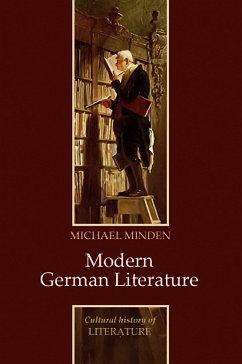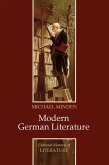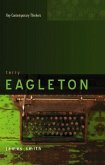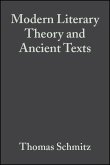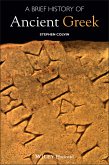This accessible and fresh account of German writing since 1750 is a case study of literature as a cultural and spiritual resource in modern societies.
Beginning with the emergence of German language literature on the international stage in the mid-eighteenth century, the book plays down conventional labels and periodisation of German literary history in favour of the explanatory force of international cultural impact. It explains, for instance, how specifically German and Austrian conditions shaped major contributions to European literary culture such as Romanticism and the 'language scepticism' of the early twentieth century.
From the First World War until reunification in 1990, Germany's defining experiences have been ones of catastrophe. The book provides a compelling overview of the different ways in which German literature responded to historical disaster. They are, first, Modernism (the 'Literature of Negation'), second, the literature of totalitarian regimes (Third Reich and German Democratic Republic), and third the various creative strategies and evasions of the capitalist democratic multi-medial cultures of the Weimar and Federal Republics.
The volume achieves a balance between textual analysis and cultural theory that gives it value as an introductory reference source and as an original study and as such will be essential reading for students and scholars alike.
Beginning with the emergence of German language literature on the international stage in the mid-eighteenth century, the book plays down conventional labels and periodisation of German literary history in favour of the explanatory force of international cultural impact. It explains, for instance, how specifically German and Austrian conditions shaped major contributions to European literary culture such as Romanticism and the 'language scepticism' of the early twentieth century.
From the First World War until reunification in 1990, Germany's defining experiences have been ones of catastrophe. The book provides a compelling overview of the different ways in which German literature responded to historical disaster. They are, first, Modernism (the 'Literature of Negation'), second, the literature of totalitarian regimes (Third Reich and German Democratic Republic), and third the various creative strategies and evasions of the capitalist democratic multi-medial cultures of the Weimar and Federal Republics.
The volume achieves a balance between textual analysis and cultural theory that gives it value as an introductory reference source and as an original study and as such will be essential reading for students and scholars alike.
Dieser Download kann aus rechtlichen Gründen nur mit Rechnungsadresse in D ausgeliefert werden.

